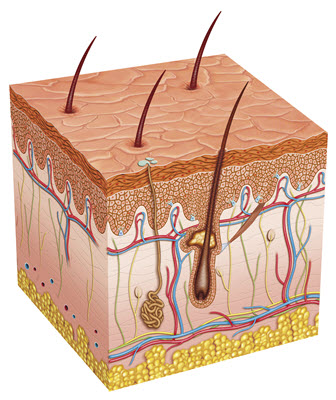RGN-137
 |
RegeneRx has been developing RGN-137, a topical gel formulation of the peptide Tβ4, as a novel treatment to accelerate dermal wound healing. RGN-137 was the first formulation of Tβ4 to be used in human clinical trials based on research generated at the National Institutes of Health.
RGN-137 represents a novel approach to dermal wound healing. Unlike growth factors, RGN-137 has been shown in preclinical studies to attenuate multiple healing pathways, such as apoptosis, angiogenesis, collagen deposition, and tissue inflammation. The gene for Tβ4 has also been shown in preclinical studies to be one of the first to be upregulated when an injury occurs, suggesting that the peptide contributes to the healing process.
A Phase 1 dermal clinical trial, completed in 2004, showed no serious adverse events (SAEs) and no drug-related adverse events (AEs) in healthy, normal subjects to whom RGN-137 was topically administered.
Two Phase 2, blinded, placebo-controlled, dose response clinical trials for the treatment of late stage pressure ulcers and venous stasis ulcers were completed in 2009. A Phase 2, blinded, placebo-controlled trial for the treatment of Epidermolysis Bullosa (EB) was completed in mid-2011. In all three trials, the mid-dose group showed the most activity at accelerating healing; no serious adverse events were noted at any of the doses or in any of the patient populations.
In February 2017, our licensee for RGN-137, HLB Therapeutics, formerly GtreeBNT, (HLBT)received permission from the U.S. FDA to sponsor a Phase 3 clinical trial using RGN-137 to treat patients with EB, a genetic disease that causes severe blistering of the skin and internal organs. In December 2018, HLBT initiated a small Phase 2 open trial in patients with EB to evaluate RGN-137 in such patients prior to sponsoring a larger Phase 3 trial. Three patients have been enrolled in the open clinical trial to date. It was reported in August 2019, that the first patient had positively responded to RGN-137. No further clinical activity has been reported.